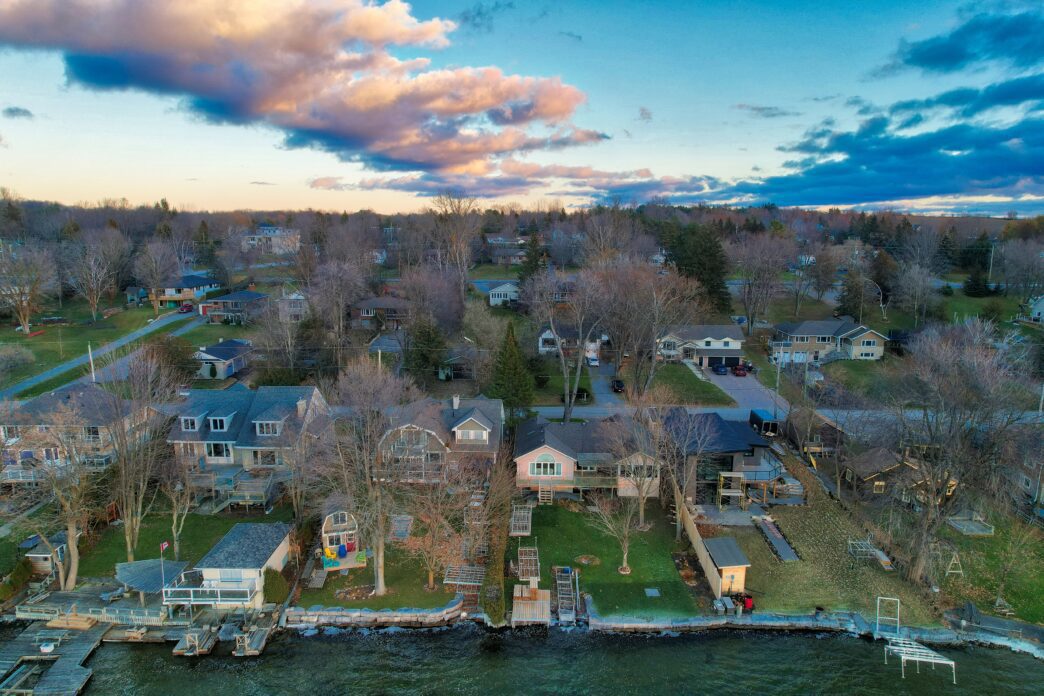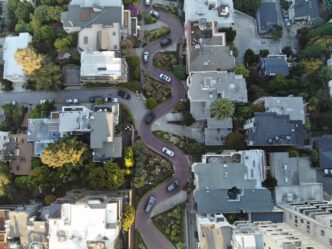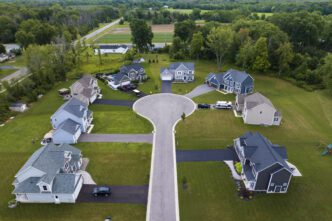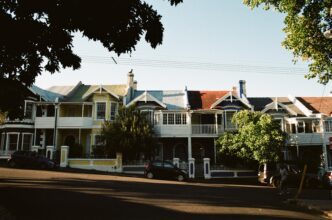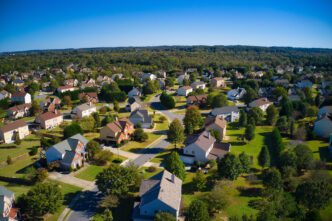Executive Summary
- Maryland lawmakers are drafting the ‘Build Affordably in My Back Yard (BAMBY) Act,’ a comprehensive legislative package to address the state’s housing crisis.
- The proposal includes new tax tools such as a speculation tax and a homeowner right-of-first-refusal to curb corporate purchasing of single-family homes.
- Land use reforms aim to streamline development by establishing housing targets, offering administrative review options, and ensuring regulatory certainty for builders.
- The act also targets the rental market with a proposed ban on algorithmic rent pricing and calls for reviews of state agency processes to remove development barriers.
Maryland lawmakers are preparing to address the state’s severe housing shortage with a comprehensive legislative proposal known as the Build Affordably in My Back Yard (BAMBY) Act. Following intense debates in the 2024 and 2025 legislative sessions, the draft bill outlines a multi-pronged strategy focused on taxation, land use reform, landlord-tenant relations, and state-level administrative actions to spur affordable housing development.
Taxation and Market Tools
The proposal introduces several financial mechanisms aimed at leveling the playing field for homebuyers and discouraging speculative investment. One key provision would grant homeowners a 30-day right of first refusal, prioritizing individuals who intend to use a property as their primary residence over corporate buyers. Other measures include authorizing counties to levy a speculation tax on undeveloped land and a tax on non-primary residences for owners holding 20 or more units.
Additionally, the act seeks to provide local governments with the flexibility to create progressive transfer and recordation taxes, reducing the burden on lower-value homes. It also proposes adjusting the timeline for impact fee payments to ease project financing for developers and capping real estate commissions on lower-cost homes to enhance affordability.
Land Use and Zoning Reforms
To streamline development, the BAMBY Act includes significant land use reforms. It would require local jurisdictions to adopt clear project design guidelines and create regulatory certainty by ensuring applications are judged by the rules in effect at the time of submission. The legislation also provides a local option for administrative land use review, allowing staff to handle approvals that typically go before a planning commission, thereby accelerating the process.
A central component of the plan is the establishment of data-driven housing production targets for the state and local governments, to be set after each decennial census. The framework also amends forest conservation rules for certain qualified projects to balance development with environmental protection.
Landlord-Tenant and State-Level Actions
The draft legislation addresses the rental market by proposing a ban on algorithmic price-setting tools that coordinate rents across multiple properties. It also calls for a statewide landlord registry to improve transparency and communication. To modernize existing laws, a study committee would be formed to review Maryland’s landlord-tenant statutes and eviction processes.
At the state level, the act mandates a review of school capacity, a study by the Comptroller on tax incentives for downsizing, and a comprehensive audit of state agency procedures to eliminate development barriers. A final report from the Maryland Department of Planning would assess how infrastructure supports or constrains housing growth, providing a roadmap for future investment.
A Comprehensive Approach
The BAMBY Act represents a broad effort by state leaders to tackle the interconnected issues driving Maryland’s housing affordability crisis. By combining new local revenue options with streamlined development processes and regulatory oversight, the proposal aims to stimulate the construction of new homes and create a more balanced housing market across the state.


